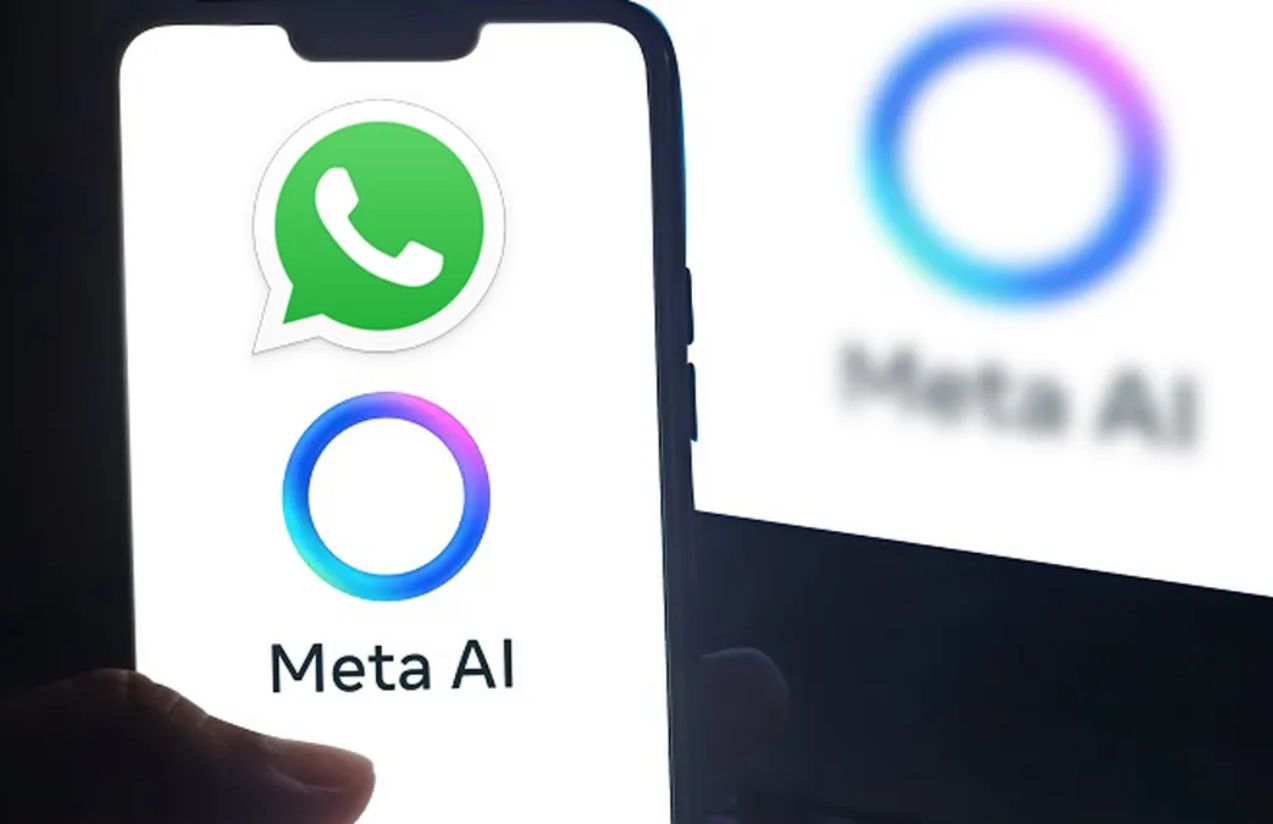The biggest change WhatsApp has seen in recent years is the blue circle—a feature that recently rolled out in Europe and has likely already caught your eye on your phone screen. The problem is, it can’t be removed. The good news, at least for users who don’t want it, is that Europe is already paying close attention.
Since the European Union introduced regulatory changes that marked a turning point for WhatsApp, the app has been classified as a “very large online platform.” This means it’s now subject to tighter oversight, especially when it comes to features that could compromise user privacy. In that context, Meta AI’s blue circle is right in the middle of the storm.
That blue circle is none other than Meta AI, the American tech giant’s artificial intelligence based on its Llama 3.2 model. Its main function is to generate text and answer user questions—similar to ChatGPT or Google’s Gemini. Although its rollout in Europe is still incomplete, regulators are already analyzing it closely.
The main goal is to determine whether it complies with EU regulations, as confirmed by European Parliament member Veronika Cifrová in an interview with The Standard. Interestingly, Meta paused its AI deployment plans in Europe last year, supposedly to engage in talks with regulators and ensure legal compliance.
In fact, the European version of Meta’s chatbot doesn’t yet offer all the features available in other regions. Still, it has already raised concerns among authorities—mainly because it can’t be turned off. Once it appears in the user interface, there’s no way to remove it from the app. Curiously though, it did vanish from some devices earlier today.
Meta claims its AI collects data “to identify patterns—like common expressions or local references—not to identify individuals or access their personal information.” It also insists the chatbot doesn’t read private messages, which are encrypted anyway. However, those reassurances haven’t been enough to ease the EU’s concerns.
It’s understandable that Meta wants to push its AI at all costs, but it may have to deal with consequences from regulators. We’ve already seen how the European Commission forced Apple to make drastic changes to the iPhone. Now we’ll see if they show the same determination when it comes to Meta AI. In Europe, tech giants don’t win much favor when they limit users’ ability to disable features that may compromise their privacy.



















